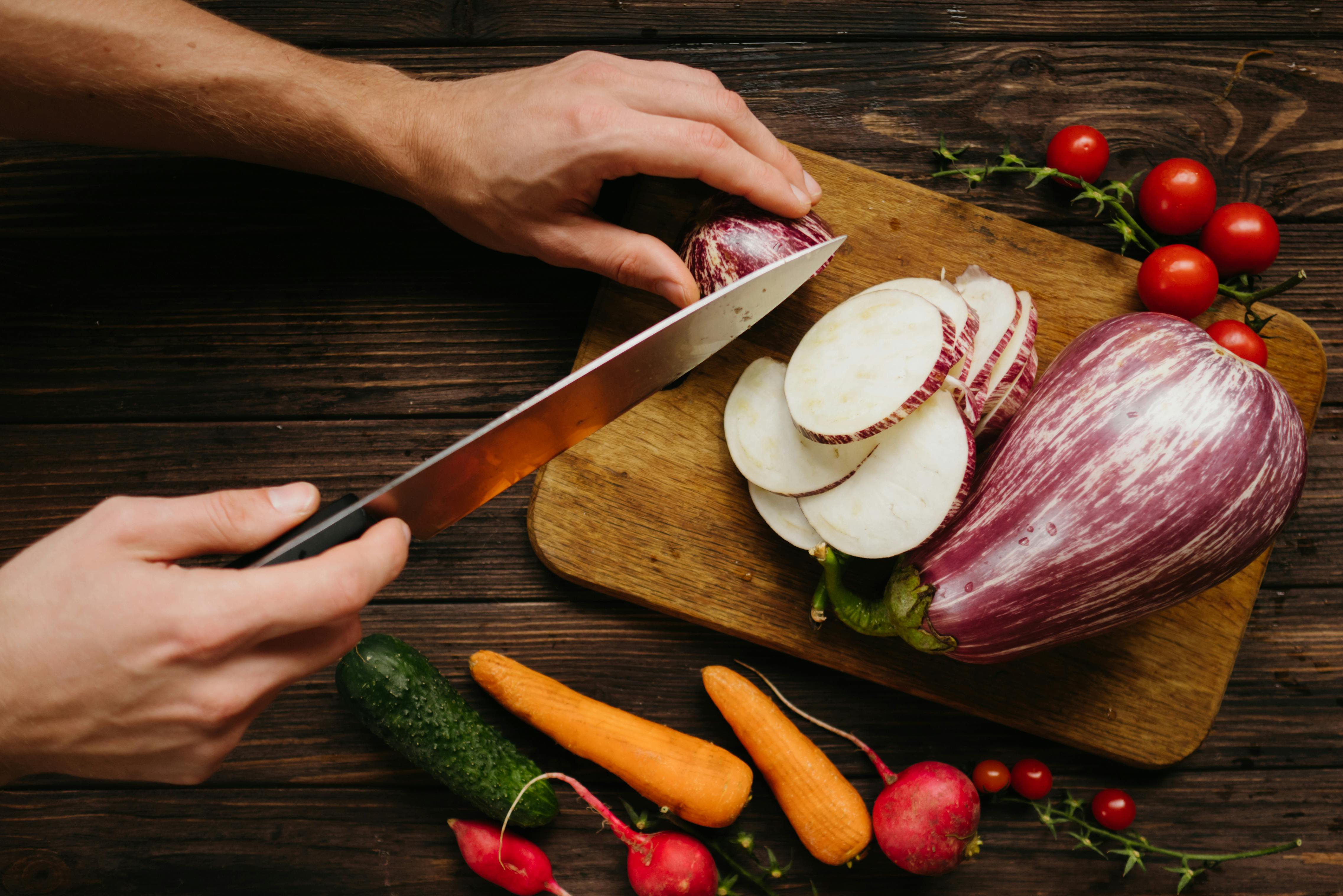Understanding the Importance of Weight Conversion
Weight conversion is essential in our daily lives as it aids in understanding and managing different measurement systems. Whether you are cooking, traveling, or engaging in fitness activities, knowing how to convert between pounds and kilograms can enhance your accuracy and efficiency. This article delves into the weight conversion from pounds to kilograms, focusing specifically on converting 10 pounds to kg and other related conversions. We will also explore various tools, charts, and methods that make this process seamless and accessible.
How Many Kilograms Are in a Pound?
One of the fundamental aspects of weight conversion is understanding the relationship between pounds and kilograms. The basic fact is that one pound equals approximately 0.453592 kilograms. This relationship highlights the metric conversion pounds provide an essential foundation for various calculations. For those seeking to convert weights more precisely, utilizing a pound conversion tool can be invaluable.
1 Pound in Kg: The Formula
The formula for converting pounds to kilograms is simple: Weight in kg = Weight in lbs × 0.453592. For instance, if you want to convert 10 lbs, the calculation would look as follows:
10 lbs × 0.453592 = 4.53592 kg
This straightforward calculation reinforces how understanding weight conversions can simplify everyday tasks, from grocery shopping to weight management. Using a pounds to kg calculator can make this process even quicker.
Benefits of Knowing Weight Conversions
Having a firm grasp of weight conversion can significantly impact various aspects of life. In cooking, precise measurements are crucial; knowing how to convert 10 lbs to kg can ensure that your recipes turn out perfectly. Additionally, in the realm of fitness, understanding weight in kilograms is essential for maintaining workout routines and tracking progress. Furthermore, international travel often necessitates weight conversion for luggage allowances, making this skill quite practical.
Common Weight Conversion Practices
Most people will encounter situations that require weight conversion, such as when using a weight measurement in kg for piecing together weights in imperial systems. Knowing how to convert between units effectively can aid in various environments, including medical, culinary, and scientific. In sports, athletes often rely on accurate weight measurements regardless of the system being utilized.
The Role of Weight Conversion Tools
Online weight converters are among the most effective solutions for quick weight conversion. These tools not only provide instantaneous results but also offer conversion options for various weights. Many converters feature user-friendly interfaces that allow inputs in either pounds or kilograms, making conversions hassle-free. Essentially, these tools save time and reduce potential errors in manual calculations.
Using a Pound Conversion Tool
To use a pound conversion tool effectively, enter the desired weight in pounds and select the conversion option to kilograms. The tool will automatically provide the equivalent weight in kg. This process is particularly beneficial for those who frequently need to convert weights but may struggle with mental calculations or remember conversion factors.
Practical Applications of Weight Conversion
Weight conversion plays an essential role in various fields. In cooking, understanding how 10 pounds equal to kg can help chefs adjust recipes based on servings or prepare meals with precise ingredient measurements. In fitness and health, tracking body weight in kilograms can align more closely with international standards and assist in achieving health goals.
Understanding Weight Units in Different Contexts
Recognizing the differences in weight units is relevant in global contexts. Many countries use the metric system, while others might rely on imperial measurements. Knowing how to navigate both systems is essential for international communication, particularly in contexts involving shipping, healthcare, and commerce.
Converting Weight Efficiently: Tips and Techniques
When engaging in weight conversions, it is beneficial to familiarize yourself with common weight conversions to become more adept. Creating or utilizing a kg conversion chart can aid in understanding various weight conversion ratios at a glance. Below are some practical tips to help improve your weight conversion skills.
Quick Reference for Weight Conversion
Having a reference chart nearby can provide immediate assistance when converting weights. Here’s a quick reference for some common conversions:
- 1 lb = 0.453592 kg
- 5 lbs = 2.26796 kg
- 10 lbs = 4.53592 kg
- 20 lbs = 9.07185 kg
This quick reference allows you to make effective conversions without needing to perform calculations each time, streamlining your ability to convert weights during cooking, travel, or exercise.
Common Mistakes to Avoid
When converting pounds to kilograms, some individuals mistakenly confuse the conversion ratio. A common error involves reversing the ratio (such as thinking that 1 kg equals approximately 2.2 lbs). Furthermore, negligence in unit errors can lead to incorrect measurements. It's essential to double-check calculations, particularly when weights are significant.
Success Indicators in Weight Conversion
Recognizing the correct weight conversions plays a crucial role in various applications. Ensuring that you achieve a precise measurement leads to successful cooking outcomes, improved health statistics, and enhanced performance in athletics. A solid understanding of the conversion factors ensures that you use both pounds and kilograms effectively.
Practical Weight Conversion Examples
Let’s explore practical examples of converting weights between pounds and kilograms. Consider someone who is shipping parcels internationally. If a package weighs 10 pounds, using the conversion formula gives:
10 lbs × 0.453592 = 4.53592 kg
This ensures that the sender is aware of the weight limits set by various carriers.
Exploring Weight Measurement in Cooking
When following an international recipe that lists ingredients in kilos, having the ability to convert those measurements is invaluable. For instance, if a recipe calls for 4 kg of flour, using the conversion formula to express that in pounds can quickly affirm that it's approximately 8.81849 lbs. Efficient weight conversion contributes to cooking successfully, especially for global cuisines.
Weight Conversion in Health and Fitness
Many fitness programs utilize kilograms instead of pounds to measure body weight. For an individual weighing 150 lbs, converting that weight using the formula yields:
150 lbs × 0.453592 = 68.1818 kg
Being aware of this conversion aids in tracking materials like food intake and adjusting fitness programs according to international health standards.
Conclusion: Simplifying Weight Conversions for Everyday Use
In summation, understanding weight conversion between pounds and kilograms is crucial for various practical applications, from cooking to fitness. Familiarizing oneself with conversion ratios, utilizing tools, and avoiding common mistakes can significantly enhance accuracy in everyday tasks. For precise dependency on weight measurements, knowledge of how many kg in a pound and effective use of weight calculators online can simplify conversions and improve efficiency.


